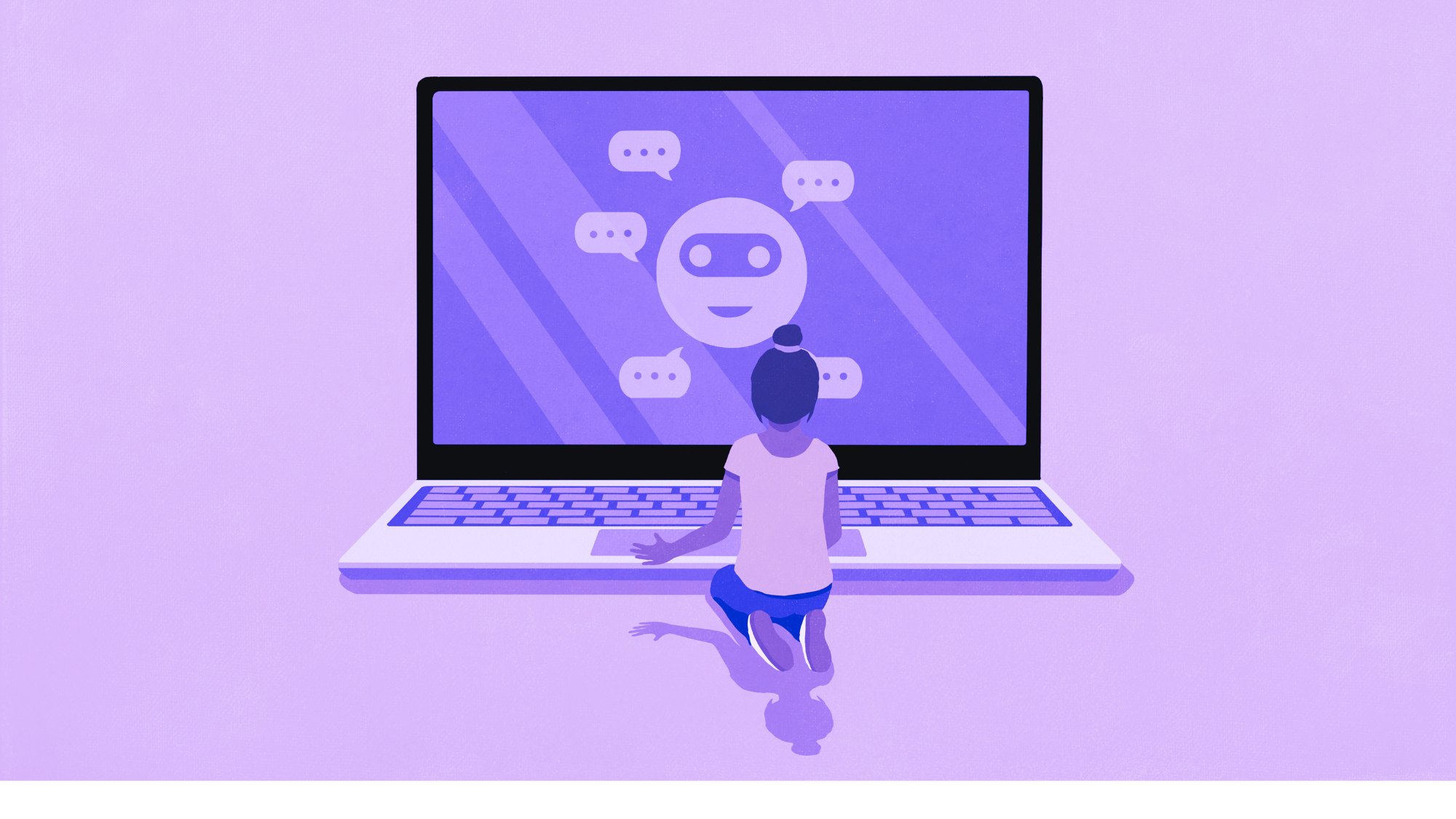We’ve all heard it before: “Be careful who you talk to online.” But let’s be honest, most of us don’t listen. We think we know better. We think we can spot the red flags. We think we’re too smart to fall for anything. Until we do.
The truth is, online platforms are where we live. We make friends, fall in love, build careers, and share our stories through screens. But behind every screen is a person or sometimes, not a person at all. And that’s where things get complicated.
This isn’t about fear. It’s about awareness. It’s about learning how to use the internet in ways that protect us, empower us, and help us teach the people around us, especially our younger siblings and friends; how to stay safe without shutting down.
The Illusion of Knowing
One of the biggest traps we fall into is thinking we “know” someone online. Maybe they’ve been texting us for weeks. Maybe they comment on every story. Maybe they say all the right things. But the internet lets people build masks. They can curate their personality, hide their intentions, and manipulate trust.
And it’s not just strangers. Sometimes it’s people we know in real life who act differently online. They might pressure us, screenshot us, or share things we thought were private. The screen gives people distance and sometimes, that distance makes them forget we’re human.

Connection vs Control
Online connection is beautiful when it’s mutual. But it turns dangerous when one person starts controlling the narrative. If someone constantly asks for photos, wants to know where you are, or gets angry when you don’t reply fast enough that’s not care. That’s control.
And control online can escalate quickly. From emotional manipulation to blackmail, the shift can be subtle. That’s why we need to check in with ourselves:
- Do I feel safe sharing this?
- Would I be okay?
- Am I being respected, or just tolerated?
If the answer feels off, it probably is.
Teaching Without Preaching
We can’t just tell our siblings, “Don’t talk to strangers.” That doesn’t work anymore. Instead, we need to show them how to spot patterns. How to pause before sharing. How to ask for help without shame.
Because shame is what keeps people silent. Especially girls. Especially survivors. They think, “I should’ve known better.” But no! This isn’t about blame. It’s about building a culture where asking for help feels normal, not embarrassing.
So when your friend says, “I think I messed up,” don’t judge. Listen. Ask questions. Offer support. That’s how we shift the narrative.

Digital Boundaries Are Real Boundaries
We talk a lot about boundaries in real life; space, consent, respect. But online boundaries matter just as much.
- You don’t owe anyone a reply at 2 am..!
- You don’t have to share your location..!
- You don’t have to send a photo just because they asked nicely..!
Setting boundaries online doesn’t make you rude. It makes you safe. And when we model that behavior, others learn it too.
The Law Is Catching Up.. Slowly
Sri Lanka’s Online Safety Act (2023) is a step forward. It allows people to report cyberbullying, defamation, and harmful content. But many Gen Z users don’t know how to use it or fear the consequences of speaking up.
That’s why education matters. Not just in schools, but in conversations. We need to normalize talking about digital safety the same way we talk about physical safety. Because the internet is a real place. And harm online is real harm.

So What Can We Do?
Here’s what we can start doing today:
- Check in with friends who seem withdrawn or anxious about something online.
- Talk to siblings about what they’re seeing, sharing, and feeling.
- Report harmful content even if it’s not about you.
- Set boundaries and stick to them.
- Share resources like helplines, legal tools, or safe platforms.
- Speak up when something feels wrong. Even if it’s awkward.
Conclusion: We’re Not Just Users.. We’re Guides!
As Gen Z, we’re not just internet users. We’re guides. We’re the ones shaping how the next generation navigates this space. And that means we can’t afford to be passive. We can’t say, “I know what to do,” and leave it at that.
Because sometimes, that attitude is exactly what gets us trapped.
So let’s be curious. Let’s be cautious. Let’s be kind. And most of all, let’s be the reason someone else feels safe enough to ask for help.












